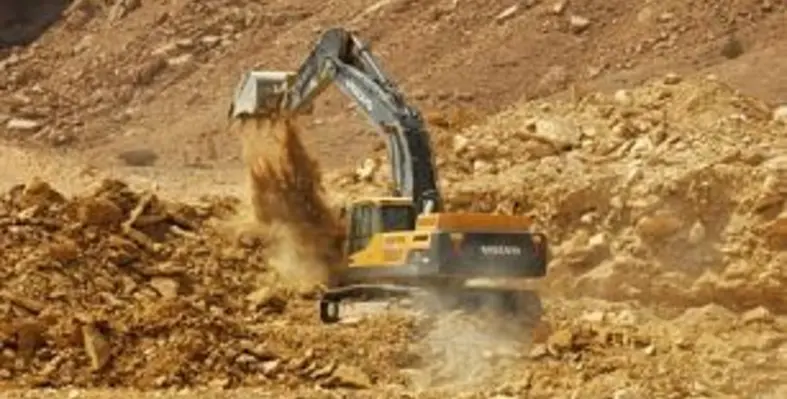Page 2 of 2
From core values to customer commitment
Underpinning Volvo CE's differentiated approach to the markets it serves is a set of core values: quality, safety, and environmental care. It has held these values since 1927, and they apply throughout the company, from research and development through design and delivery of its product portfolio.
Anders P Larsson stresses these values, as eagerly as his predecessors. The key point is that, for Larsson and his team, they enable delivery of a total quality experience, addressing the requirements of owners, operators and operator-managers.
One principal concern for Volvo CE is safety, so its differentiated approach accommodates active safety features, and passive safety features. Think about Volvo CE, beyond safety, and you think also about Care Cab, the EcoOperator training simulator, and other innovations for operator benefit. Cab comfort, viability, safe entry and exit, ground-level service and energy efficiency are all built into the Volvo CE design DNA.
Looking to the drive of the future
Thought further away for African and Middle Eastern markets than for European and American sectors, engine development through to Tier 4 Final is a key component in the future for Volvo CE, and bears consideration by all with an eye on sustainability.
Tier 4 Final, Stage IV, may not represent a huge or drastic change for operators initially, but it does require a significant shift on the part of engine manufacturers and those they supply to. Integrated enterprises have a particularly broad view and wide-ranging commitment to development. Volvo CE provides the power for their own vehicles while also supplying other companies, such as Atlas Copco and Konecranes, so its responsibility lies with more even than the delivery of value to its own customers; it bears a particular commitment to several industries and all geographies, to see engine refinement through to its legislative and technological conclusion.
So, there is a new engine platform, an exhaust after treatment system and an engine management system, and there are machine installations, in development. Think about Volvo CE, and you may consider any of a number of new components to deliver improved responsiveness and fuel efficiency, anything from intake throttles, to cooled EGRs (cEGRs), to variable geometry turbochargers (VGTs).
So, future technologies at Volvo CE are key to corporate success and industrial and economic development. Does that seem like hype? It might... until one delves into the work that Volvo CE the company and Volvo the group are doing. And it seems quite visionary.
"We foresee paradigm shifts in the construction industry," said Jenny Elfsberg, director of emerging technologies at Volvo CE. These include system decoupling, to eliminate losses in machine performance; machine intelligence, to enable greater control in operation, even to the possible logical conclusion of full automation, to improve productivity, safety and efficiency; and total business solutions, the emergence of the manufacturer as an integrated solutions provider.
Consider these factors, and all others highlighted in this article, when you consider Volvo Construction Equipment.












